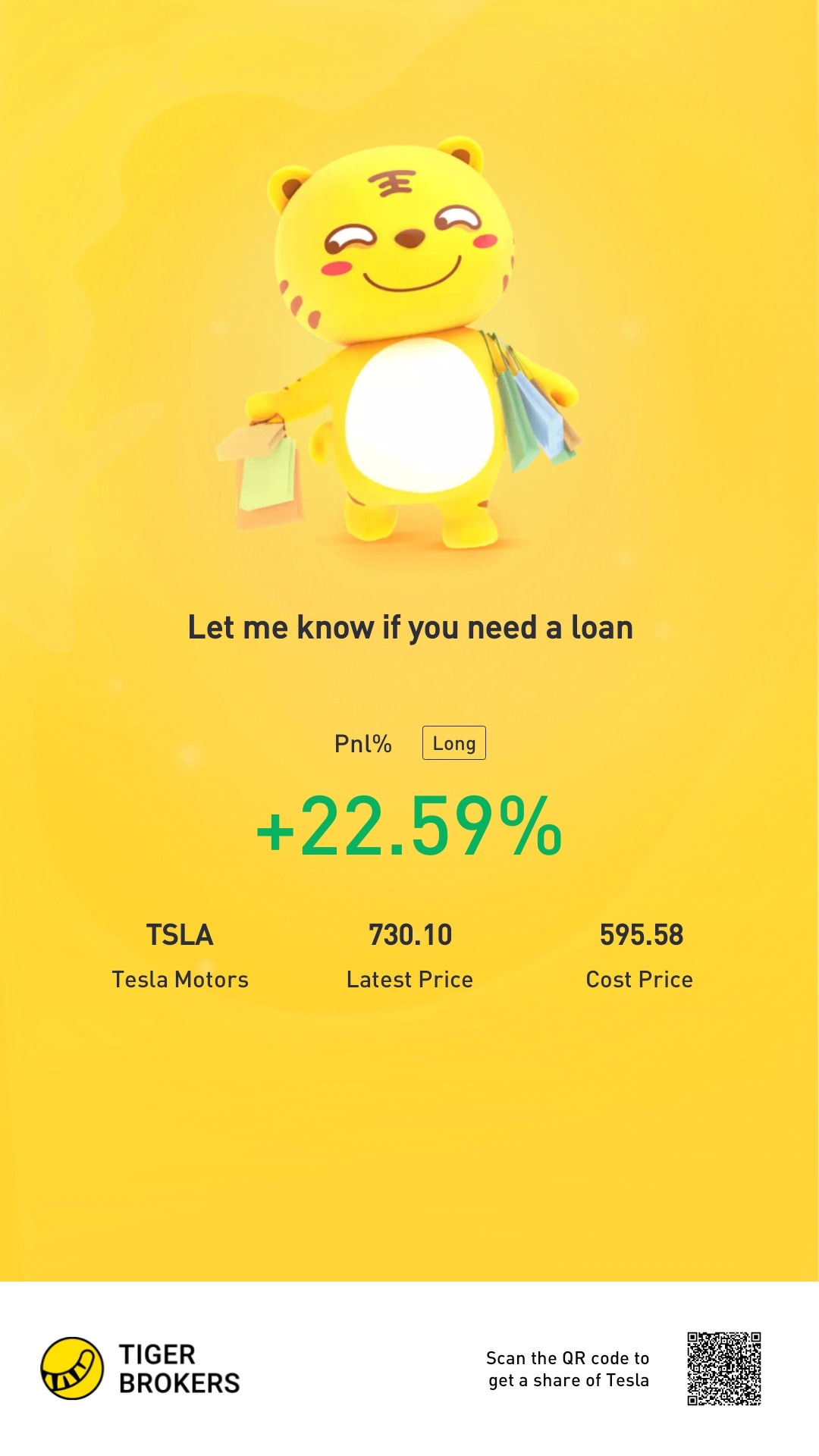
xavjy
No personal profile
42Follow
28Followers
0Topic
0Badge
great
@TigerEvents:【Game】Easter Egg Hunting with Tiger, Win Disney Shares and USD 120 Voucher
Let's play the game and win some shares
Let's play and win some shares!
ok
@TigerEvents:【Game】Easter Egg Hunting with Tiger, Win Disney Shares and USD 120 Voucher
Let's trade and profit!
Great ariticle, would you like to share it?
@TigerEvents:【Game】Easter Egg Hunting with Tiger, Win Disney Shares and USD 120 Voucher
ok
@HaroldAnderson:DraftKings: A Nice Quarter Ignites Giddiness Among Some Analysts All Over Again
Let's go
Ok
Sorry, the original content has been removed
Ok
Sorry, the original content has been removed
Ok
Earnings Outlooks Are Key to Determining If Stocks Hit Bottom
Ik
Sorry, the original content has been removed
Ok
Tesla Earnings Are Coming, but Do Record Deliveries Mask a Demand Problem?
Ok
US STOCKS-Wall St Ends Volatile Day Lower After Fed Minutes, PPI
Ok
US STOCKS-S&P 500, Nasdaq End Lower; BoE Comments Add to Market Jitters Late
Ok
Sorry, the original content has been removed
Ok
Sorry, the original content has been removed
Ok
Apple: Why I Bought More At $140
Ok
Credit Suisse CEO Seeks to Calm Markets as Default Swaps Climb
Ok
Alibaba Stock: Attractive Valuation Despite Mid-Term Headwinds
Go to Tiger App to see more news